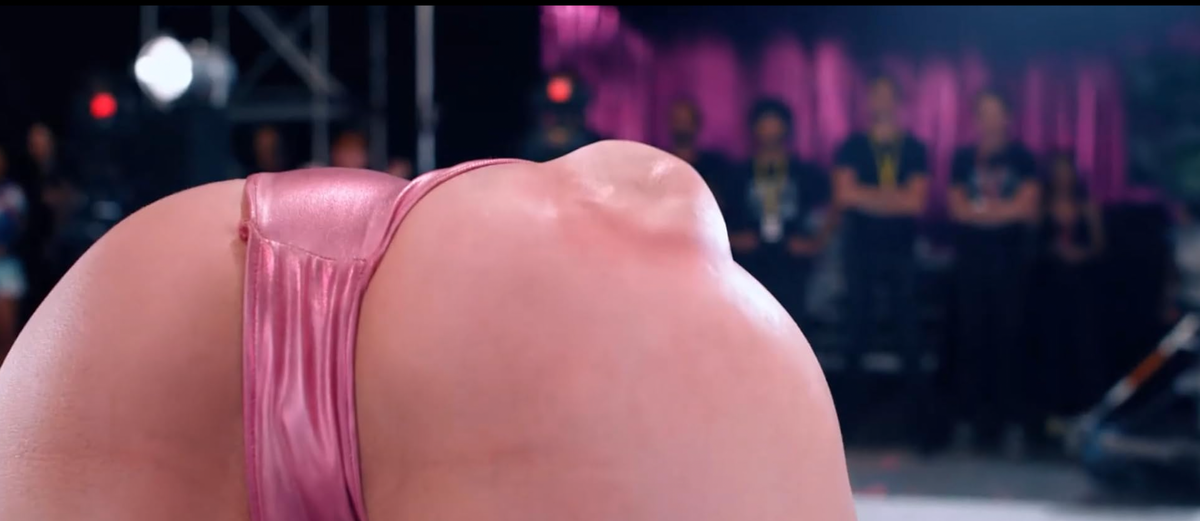My Friend Goo: The Substance (Coralie Fargeat, 2024)
If we all have to be monsters, I want to choose mine.

Women have such a cruel relationship with their bodies, I thought, midway through The Substance. It actually took me a while to realize that I do, too.
The thing to know about The Substance — a movie that will be promoted to you as Extreme and Gross and also probably Feminist — is that it is fun. Way more fun than an Extreme, Gross, Feminist movie about body image sounds like it would be. I spent the last half-hour of the movie bouncing up and down in my seat, laughing and clapping, with a grin on my face like a delighted child.
There are fountains of gore and mutant abominations and exploding torsos all over this movie, but by the time the grossest imagery arrives, it feels exuberant and liberating. The movie spends its first two acts sketching out the tyranny of Prettiness, and how women are psychologically and physically destroyed by a society that values them exclusively in terms of how Pretty they are; then it gives those women permission to be glorious, hideous, goo-shooting monsters. It feels like loosening your belt, putting on sweatpants, burping and farting and picking a wedgie — it feels like a conspicuous, indulgent rejection of Prettiness and all the discomfort and self-loathing it entails. It feels great.
As so often happens with feminist art, I have the odd feeling of being both inside and outside of the movie’s intended demographic. Some of the imagery around the titular Substance — an injection that cures your body dysphoria by making you give birth to a different, hotter, younger self — is intensely trans, and the movie seems to have been embraced by a lot of trans women. Yet The Substance is pretty clear on being a movie about women, intended to portray the oppression of women — and “women” is a category that includes trans women, but does not include me.
It feels selfish, in a way, to point out that I also have a weird relationship with my body, and beauty, and that a lot of people still respond to my body in ways that are brutally misogynistic; it feels selfish to read the movie in terms of how I connect with it. But I do connect.
So, in the spirit of corralling my insufferability, and minimizing its impact on the public, I’ll read the movie two ways: First, in terms of what I think it’s saying, and second, in terms of what it said to me.